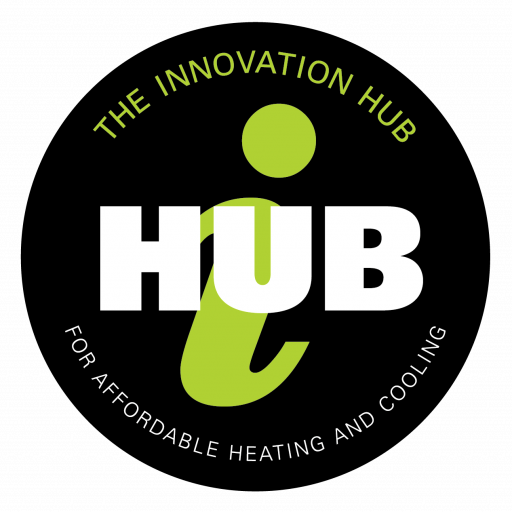Data Clearing House
About the project
Data Clearing House (DCH) 6.1 provides proof-of-concept testing to onboard 3-trial sites from SINSW’s building portfolio, and demonstrate DCH operational effectiveness.
Key tasks of project testing involve project feasibility studies, assessment and planning activities and a preliminary business case analysis to identify opportunities and benefits to School Infrastructure NSW.
The project will then enter the development and commissioning phase whereby hardware and software components are sized, provisioned, commissioned and tested in situ. This process involves, component sizing and specifications, database architecture and provisioning, financial modelling, advanced operational control strategies to deploy algorithms on the network, detailed design, tendering and systems commissioning activities. An evaluation report will convey key findings.
| Project title | DCH6.1 – Energy Control and Integration Program in NSW Schools – Stage 1 |
| Project number | DCH6.1 |
| Project location | SINSW sites |
| Lead partner | Department of Education, School Infrastructure NSW (SINSW) |
| Project partners | Buildings Evolved, CSIRO, AIRAH |
| Start date | 03/2020 |
| End date | 05/2021 |
| ARENA/i-Hub funding | $322,220 |
| Total project cost | $1,080,260 |
Need
Data Clearing House 6.1 project plan will deliver on objectives and milestones across the 3-trial sites to address the following needs and potential issues:
- Realise potential benefits, efficiency and new revenue streams that capitalise on current and future energy technologies, network and market mechanisms
- Determine appropriate system sizing requirements to satisfy comfort levels and normalise building typology variables.
- Determine software, data architecture, financial modelling, algorithmic control and operation strategies at key milestones.
- To ensure the project is commissioned for quality and on budget as per requirements.
- Demonstrate proof-of-concept that delivers on key project objectives.
Action
The Data Clearing House 6.1 project team will perform the following actions to satisfy project needs and address potential issues:
- Conduct a preliminary analysis desktop study to assess potential strategies to capitalise on technological capability, considering energy network and market developments and innovation.
- Determine technological, financial and organisational constraints and functional requirement/design specifications necessary to ensure feasibility and deliver on key project milestones.
- Oversee tendering and commissioning activities to ensure hardware and software components are delivered as specified.
- Conduct thorough modelling, testing and reports that demonstrate proof-of-concept and value as per project objectives.
Outcome
The DCH 6.1 is designed to provide advanced operational control of solar PV, batteries and air-conditioning systems at three trial schools. It is intended that each school will have the capability to operate in isolation or as part of a distributed energy resource (DER). The potential benefits from managing and operating these types of advanced energy technologies for ‘smart’ applications and end-uses include:
- Advanced maintenance regimes; and
- Load shifting or peak lopping for efficiencies, tariff optimisation, demand response, ancillary services, arbitrage and energy storage, amongst others.
The project will also demonstrate key functionality of the DCH by integrating various building typologies into a common data architecture to solve common business problems.
Additional impact
Smart controlled operation of assets can provide rapid response in a dynamic fashion according to the needs of the electricity network and market. This will contribute to improved power quality in the network, mitigate the threat of negative energy pricing and ensure cheaper, more reliable electricity with reduced emissions.
Project reports
Evaluation Framework
All sub-projects within i-Hub are evaluated as part of the ongoing i-Hub project management process. Evaluation is completed by the project manager and reviewed by the Activity Leaders Group and i-Hub Steering Committee. Please click here to read the Evaluation Framework.
Created 04/05/20
